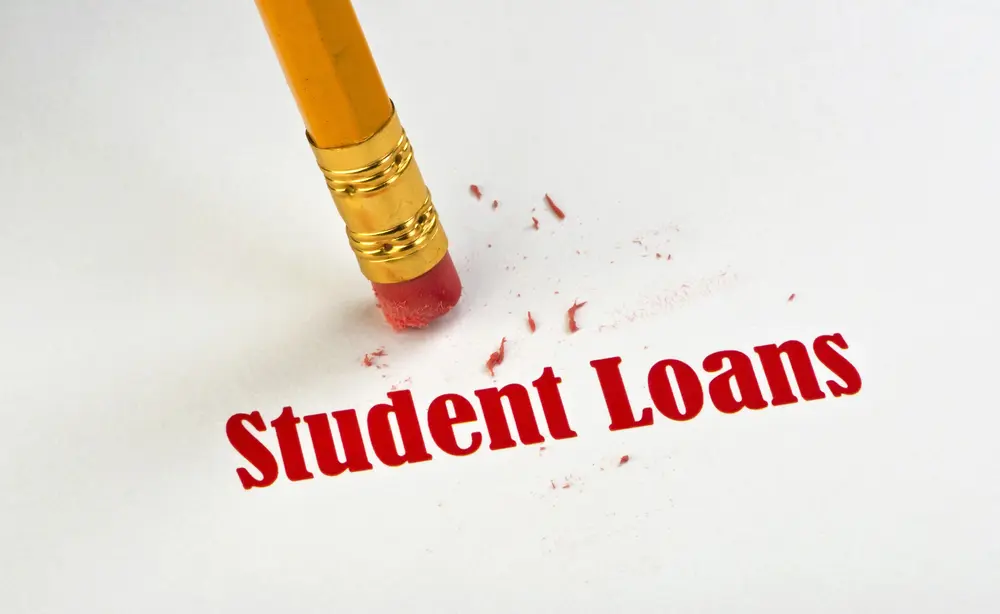
There are no easy solutions to help solve the student loan debt issue/crisis right away. It will likely take a complete overhaul of some public policies, increased federal and state funding policies, financial reforms in the education system, a change in the public’s attitude toward higher education, ethical financial decision-making, a solid foundation in financial education, etc. Therefore, students and their families must be aware of all available funding and financial options/possibilities to make the best decisions for themselves.
By taking a few actions to help ensure that you have less student loan obligations, you can as a student reduce the impact of student loan debt on your life. The first step is to conduct research, gather information about the profession or fields of study, and consult the Occupational Outlook Handbook of the Bureau of Labor Statistics to learn about salaries and educational requirements for various fields. Examine the costs associated with attending the colleges of interest, including tuition, lodging and board, books, supplies, transportation, and other expenses. Each student’s eligibility for financial help, such as grants and loans, is based on the cost of attendance at the institution. Also build an understanding of finances, including saving, budgeting, interest rates, and how student loan interest works, etc. Know and understand all available loan alternatives, as well as request/utilize financial advice and guidance to assist in choosing a loan and creating a repayment strategy. Although avoiding student loans is the ideal course of action, taking out a small loan can still help you maintain lower monthly payments.
To start lowering the expense of college, students must first look into and research any available grants and scholarships. In addition to submitting several scholarship and grant applications, you can also choose a curriculum that is less expensive or work during the school year or during the summer to assist with the tuition costs. Grants and scholarships are gifts that don’t require repayment. There are numerous other ways to try to lower the expense of attending college, but in summary, it’s crucial to take control of your financial condition. To aid someone who has already amassed college debt, you can plan a budget, keep track of expenses, and find ways to put money toward debt repayment, to name a few strategies.
If making monthly payments is challenging, one should consider all available choices for repaying student loans, including: an income-driven repayment plan, where payments are capped at a percentage of your discretionary income, which also forbears any outstanding debt after 20 or 25 years. This option can lower your monthly debt payments to an amount that is tolerable for your budget, but it will probably cost you more in interest over the course of the loan.
You can also try to work towards loan deferment and loan forbearance, which are connected to financial challenges like being unemployed or receiving welfare benefits, if repayment is not possible. You can put payments on hold for up to three years. If, however, you do not have loans that are subsidized, interest will accumulate during the period of deferment and be added to the entire amount. Even if you have subsidized federal loans, loan forbearance is the most expensive choice and not a long-term solution for individuals who do not qualify for deferral, since although you can put your loans in forbearance for 12 months at a time, interest will still accrue. Loan officers may be able to help with identifying particular programs and payment options if a borrower is having trouble making loan installments.
Therefore, it’s crucial to be able to visualize one’s complete higher education budget beforehand, because making a mistake, quitting school, changing majors, or receiving a degree that has low market value might cause financial difficulties later on in life. In order to address this degree of expense and educational goals that will lead to success, one must plan and prepare well in advance, and there are several steps you can take to try and minimize your reliance on student loans. Even if you have already accrued student loan debt, there are still some ways you can work to decrease its impact on your finances and overall economic well-being.


 Raj Mehta – Financial Education Instructor
Raj Mehta – Financial Education Instructor